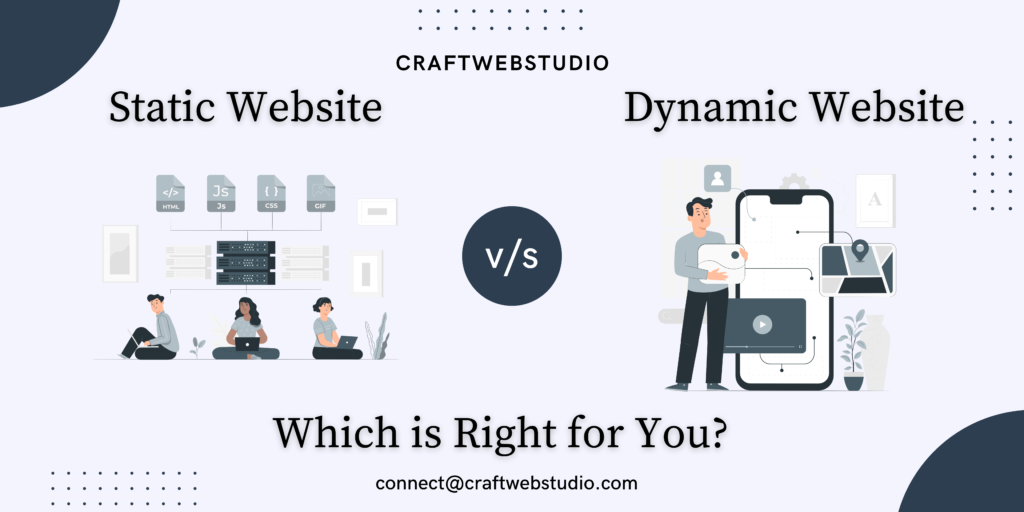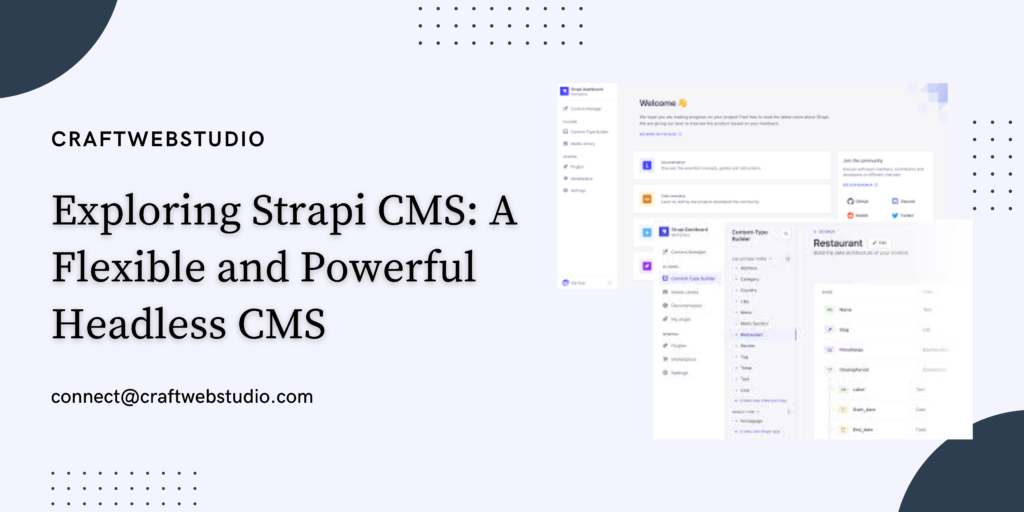In the era of ever-evolving technology and shifting consumer behaviors, the decision to establish an online presence through a business website is more crucial than ever before. If you’re grappling with the question of whether your business truly needs a website, you’re not alone. Navigating the complexities of online marketing and e-commerce can be daunting, but fear not – we’re here to guide you through the top 10 compelling reasons why having a website is essential for the prosperity of your business.
Whether you’re a small startup, a local brick-and-mortar store, or a growing enterprise, the benefits of a well-designed and strategically implemented website are numerous and impactful. Join us as we explore the key reasons why investing in a website can elevate your business, expand your reach, and unlock a world of opportunities in the digital landscape.
1. 24/7 Accessibility
A business website offers unparalleled accessibility to potential customers, allowing them to explore your products or services at any time of the day or night. This continuous availability ensures that your business is never “closed,” enabling visitors to gather information, make inquiries, and potentially make purchases even outside of regular business hours. By providing this level of convenience and flexibility, your website can significantly increase sales opportunities and customer engagement.
2. Online Presence
In the digital era, having a strong online presence is crucial for establishing credibility and trust with consumers. Your website serves as a digital storefront where customers can learn more about your business, browse your offerings, and contact you easily.
It acts as a central hub for all your online activities, including social media integration, email marketing, and content sharing, helping you build brand awareness and showcase your expertise in the industry.
3. Reach a Wider Audience
One of the most significant advantages of having a business website is the ability to reach a global audience. Unlike a physical store that is limited by geographical constraints, a website allows you to connect with customers from around the world. This expanded reach opens up new market opportunities, increases brand visibility, and helps you tap into previously untapped demographics, ultimately driving business growth and revenue.
4. Showcase Products and Services
Your website acts as a virtual showroom where you can showcase your products or services in great detail. Through high-quality images, comprehensive descriptions, pricing information, and customer reviews, you can provide potential customers with all the information they need to make informed purchasing decisions. This visual representation helps build trust, educate consumers, and highlight the unique selling points of your offerings.
5. Build Brand Identity
A well-designed website is an essential tool for establishing and reinforcing your brand identity. By incorporating consistent branding elements such as logos, colors, fonts, and messaging across your website, you create a cohesive brand image that resonates with your target audience. This branding consistency helps differentiate your business from competitors, instills trust and recognition among customers, and fosters long-term brand loyalty.
6. Customer Engagement
Interactive features on your website, such as contact forms, live chat support, and social media integration, enable direct communication with customers. These engagement tools provide opportunities for personalized interactions, feedback collection, and relationship-building, enhancing the overall customer experience. By actively engaging with visitors on your website, you can address their needs, answer their questions, and nurture leads effectively.
7. Marketing and Advertising
A website serves as a central hub for your marketing efforts, allowing you to promote your business, products, or services to a wider audience. Through content marketing, email campaigns, search engine optimization (SEO), and social media integration, you can attract new customers, drive traffic to your website, and increase brand visibility.
8. Competitive Advantage
In a competitive market, having a professionally designed and functional website gives your business a competitive edge. A well-maintained website demonstrates that your business is modern, trustworthy, and customer-centric, setting you apart from competitors who may lack a strong online presence.
9. Analytics and Insights
By integrating tools like Google Analytics into your website, you can track and analyze visitor behavior, engagement metrics, and conversion rates. These insights provide valuable data on how users interact with your website, which pages are most visited, and how effective your marketing campaigns are in driving traffic and conversions. By leveraging this data, you can make informed decisions to optimize your website performance and enhance the user experience.
10. Cost-Effective Marketing
Maintaining a website is a cost-effective marketing strategy compared to traditional advertising channels. With a well-optimized website, you can reach a larger audience, target specific demographics, and measure the effectiveness of your marketing campaigns in real time. Additionally, website updates and content changes can be easily implemented, allowing you to adapt to market trends and customer preferences quickly.
Frequently Asked Questions
Below are some frequently asked question on why your business needs a website
1. Why is a website essential for small businesses?
A website for small businesses is crucial as it enhances visibility, builds credibility, and provides a cost-effective platform to reach a broader audience, ultimately driving growth.
2. How does a website contribute to brand credibility?
A professionally designed website conveys legitimacy, fostering trust among potential customers. It serves as a virtual storefront, showcasing professionalism and dedication to your brand.
3. Can a website improve customer engagement?
Absolutely! Websites offer features like blogs, newsletters, and contact forms, providing channels for continuous communication. This engagement strengthens relationships with customers.
4. What role does data analytics play for businesses with a website?
Data analytics from a website provides valuable insights into consumer behavior, helping businesses make informed decisions, refine strategies, and stay ahead in the competitive landscape.
Conclusion
In the dynamic landscape of modern business, a website stands as the cornerstone of success. As we unravel the top 10 reasons why your business needs a website, it becomes evident that a digital presence is not just an asset, it’s a catalyst for growth.
A well-crafted website expands your reach, instills credibility, and unlocks a realm of marketing possibilities. It transcends traditional constraints, offering a seamless, 24/7 accessible storefront to a global audience.
Embrace the digital transformation—your website is not just a virtual space; it’s the key to propelling your business into the forefront of the digital age, where opportunities are boundless, and success knows no bounds.




